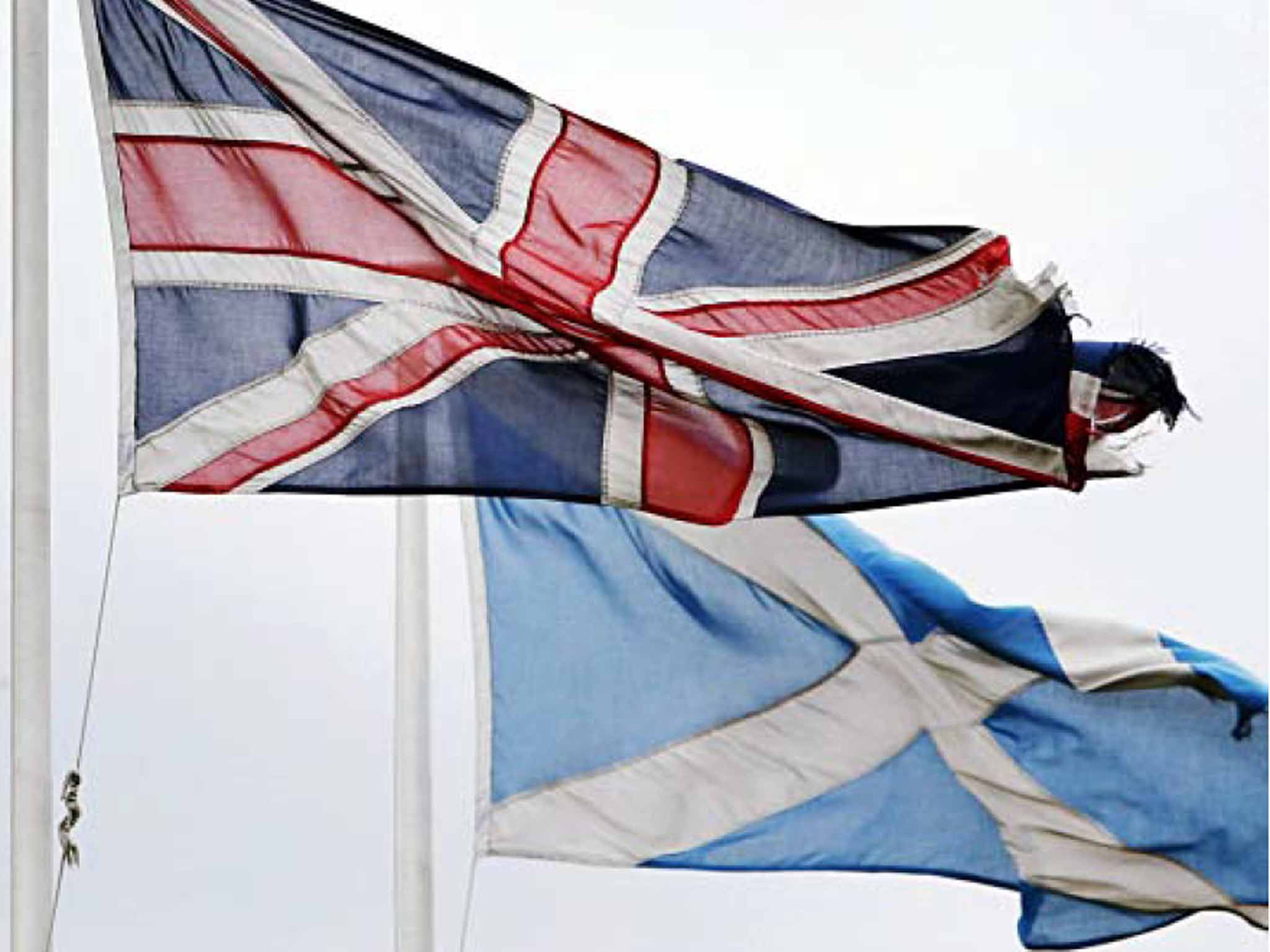Simon Calder: After the referendum, the tourism dividend in Scotland
Canny travellers have long known that Scotland is possibly the best country in the world for a subsidised holiday

Many of the tetchiest debates during the campaign for Scotland's independence referendum centred on travel. If the Yes campaign had prevailed, where, exactly, would the passport checks place take place on the A1 and the West Coast main line? What currency would tourists to Scotland need?
Now that these questions are as redundant as Alex Salmond, you might imagine that the travel world would simply revert to the status quo. We connoisseurs will continue to appreciate the astonishing landscapes and seascapes of Scotland, from the Mull of Kintyre to Scapa Flow; busloads of foreign visitors will continue to get their kicks in the Trossachs and along Edinburgh's Royal Mile; and country-house hotels such as Gleneagles will continue to set the gold standard, attracting high-spending American guests for Highland indulgence and adventures. Yet I predict big changes, to the benefit of Scotland and those wise enough to visit.
Late in the day, when it looked as though the Union might founder, many people in the rest of the UK appear suddenly to have remembered a profound affection for Scotland. Handily, this emotion has been reinforced by the natural good looks of the nation, which have featured in the backdrop of so many newspaper photographs and television broadcasts.
Scotland's "top of mind" presence should bring about a tourism dividend, and stem the long-term trend for the English to look south, not north, for their holidays.
Canny travellers have long known that Scotland is possibly the best country in the world for a subsidised holiday. Step aboard a Caledonian MacBrayne ferry, a ScotRail train or a Highlands and Islands flight and you benefit from a large slab of subvention. And as you gaze out across the Minch, Rannoch Moor, or the beach runway at Barra, you can feel good about it, too: rather than exploiting the nation's need to pay to stay connected, you are helping in a small way to offset the costs.
As Scotland gets its rewards for loyalty in the shape of more freedom to set taxes, one likely "quick win" is on air passenger duty. At present, long-haul passengers from Edinburgh and Glasgow to the US and the Gulf pay £69 in APD. If Scotland cuts it to the short-haul level, £13, or even eliminates it, travellers in the north of England could well find it worthwhile to head for Scotland before they take an intercontinental journey. And on the subject of aviation: this week, Ryanair assured me, to the annoyance of many Scots, that it was Scotland's national carrier. But any calls for a new Scottish airline should be stifled: while a national flag and a national anthem are very cheap, a national airline is very expensive.
And then there's the West Lothian question. Thanks to the way the local MP, Tam Dalyell, coined the phrase for the tricky business of non-English MPs voting on English issues, this district west of the capital enjoys a disproportionate amount of media mentions.
On Planet Travel, the West Lothian question reads like this: will curious visitors start seeking out the modest delights of Bathgate, Livingston, and Linlithgow?
Subscribe to Independent Premium to bookmark this article
Want to bookmark your favourite articles and stories to read or reference later? Start your Independent Premium subscription today.

Join our commenting forum
Join thought-provoking conversations, follow other Independent readers and see their replies